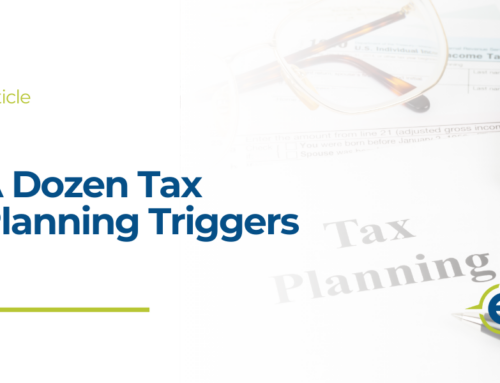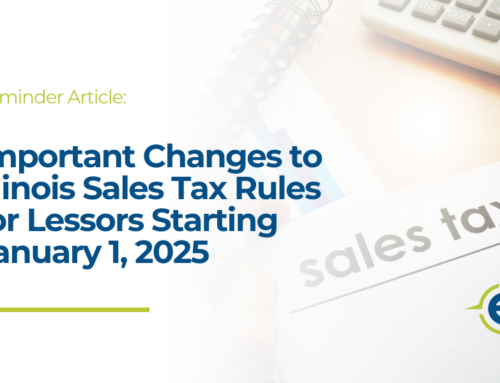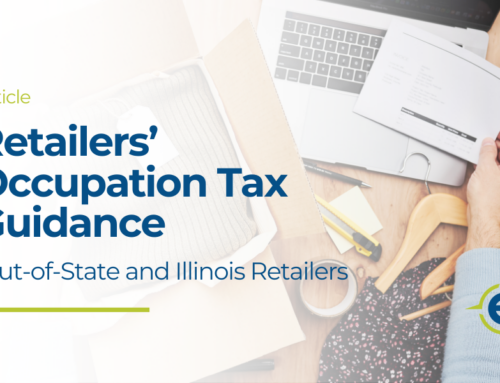Is a Section 1031 Exchange Right For You?
In this economy, everyone is looking for ways to save money. Saving on taxes is no exception to this. One way to save today is to defer taxes to a future year. A method of this tax strategy is to defer taxes on capital gains through a like-kind exchange, also known as a 1031 exchange. Let’s take a closer look at 1031 exchanges to see if this tax strategy will work for your current situation.
How 1031 Exchanges Work
A 1031 exchange occurs when real property (real estate) held for trade or business use or as an investment is exchanged for another. The gain from the originally held real property is not taxed at the time of the 1031 exchange. Instead, the gain is deferred until a later date, typically when the asset received in the exchange is sold (assuming it is not disposed of via another 1031 exchange).
Specific Requirements of 1031 Exchange
There are specific requirements of the transaction that need to be present for it to qualify as a 1031 exchange.
- The exchange involves real property. Therefore, this tax treatment is not allowed for any assets that are not real property.
- Both properties must be held as a trade, business, or investment asset. These purposes are interchangeable. For example, you can exchange a business asset for an asset you will be holding as an investment.
Both properties are of like-kind. However, foreign real property is not like-kind to property located in the United States.
- Therefore, each property must be in the United States to meet this requirement.
- If the exchange is not simultaneous, specific timing requirements must be met.
- The identification of the replacement property must be completed before the end of the identification period. This is 45 days after the relinquished asset is transferred.
- The replacement property must be received before the end of the exchange period. The exchange period ends 180 days after the relinquished asset is transferred.
Will This Tax Strategy Work For You?
If you have a trade, business, or investment asset that you are holding onto that will result in large gains, consider this strategy. Selling the asset outright will trigger a taxable transaction. However, if you are planning on reinvesting all the money from the sale into another trade, business, or investment asset, we recommend considering this approach. There are a lot of detailed requirements with these transactions, which is why we’d also recommend an experienced 1031 exchange facilitator to ensure you meet all the requirements necessary to defer your taxes related to the exchange.
If you feel this strategy may be the right one for you and you’d like to discuss your situation, please contact us today.







